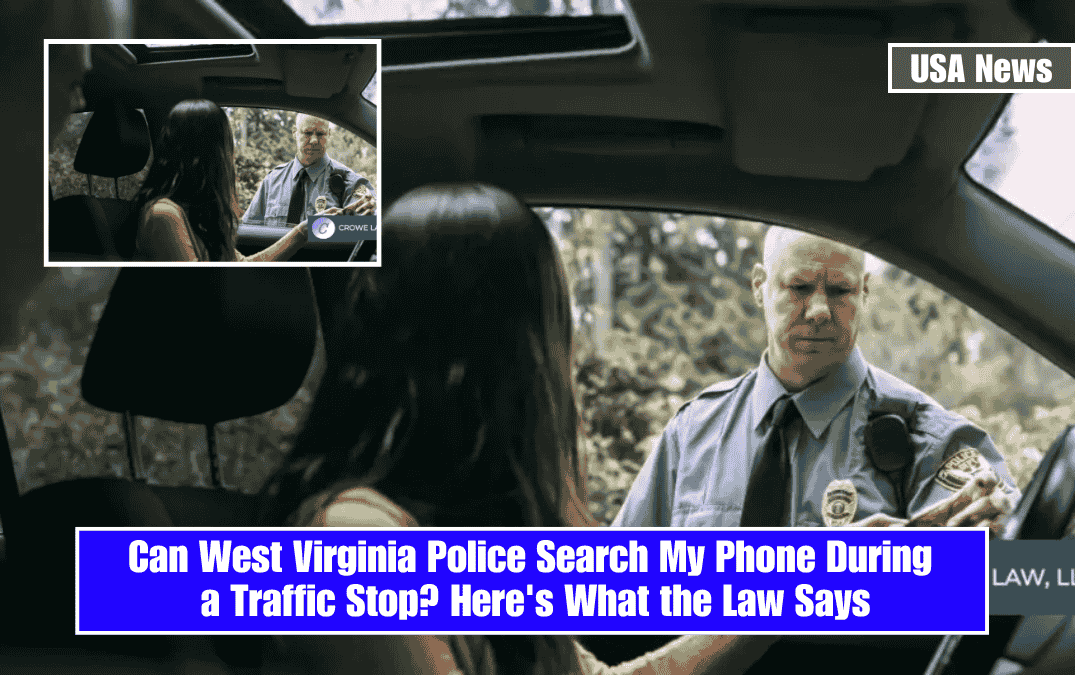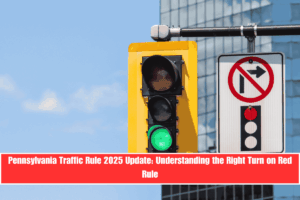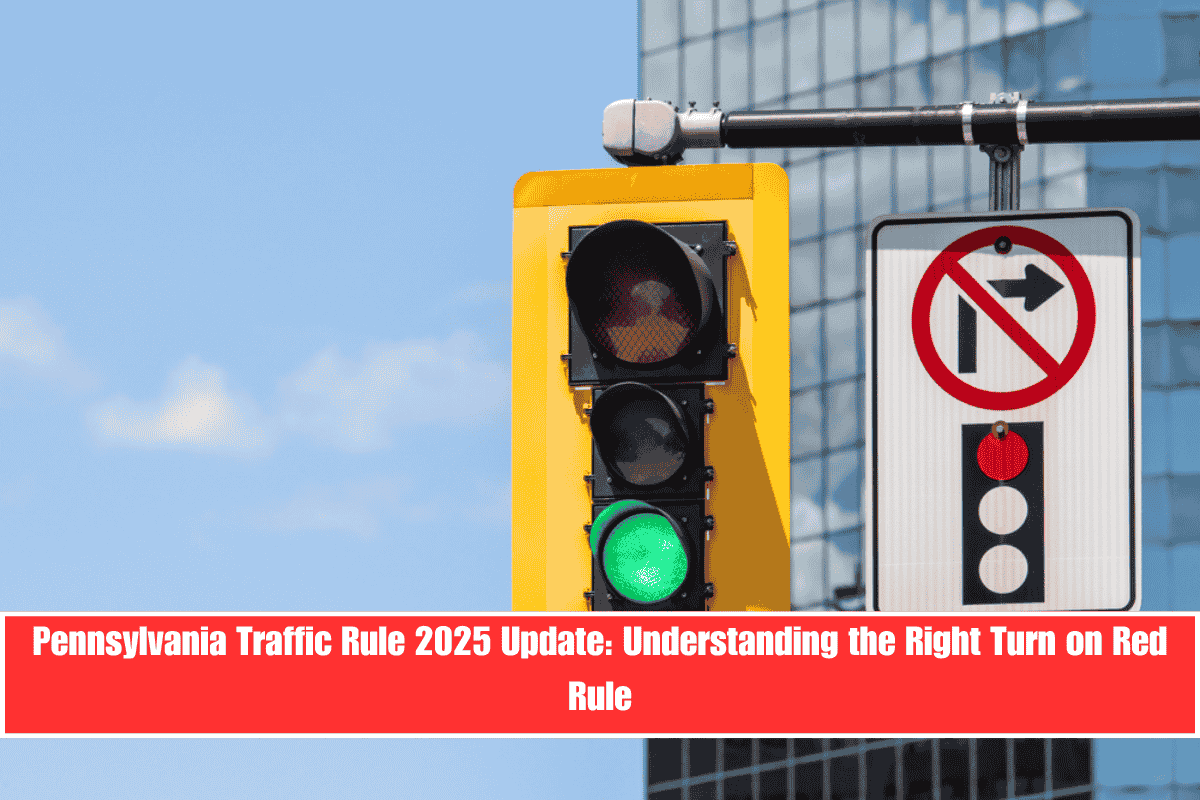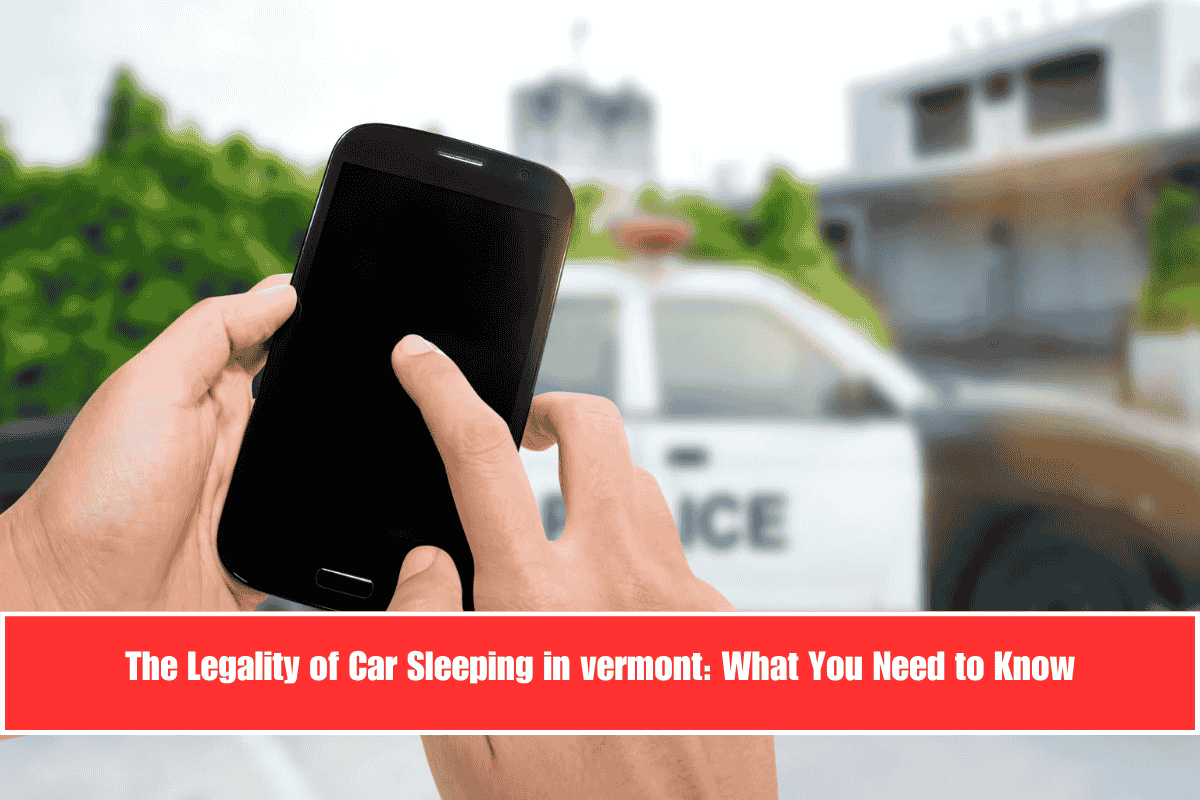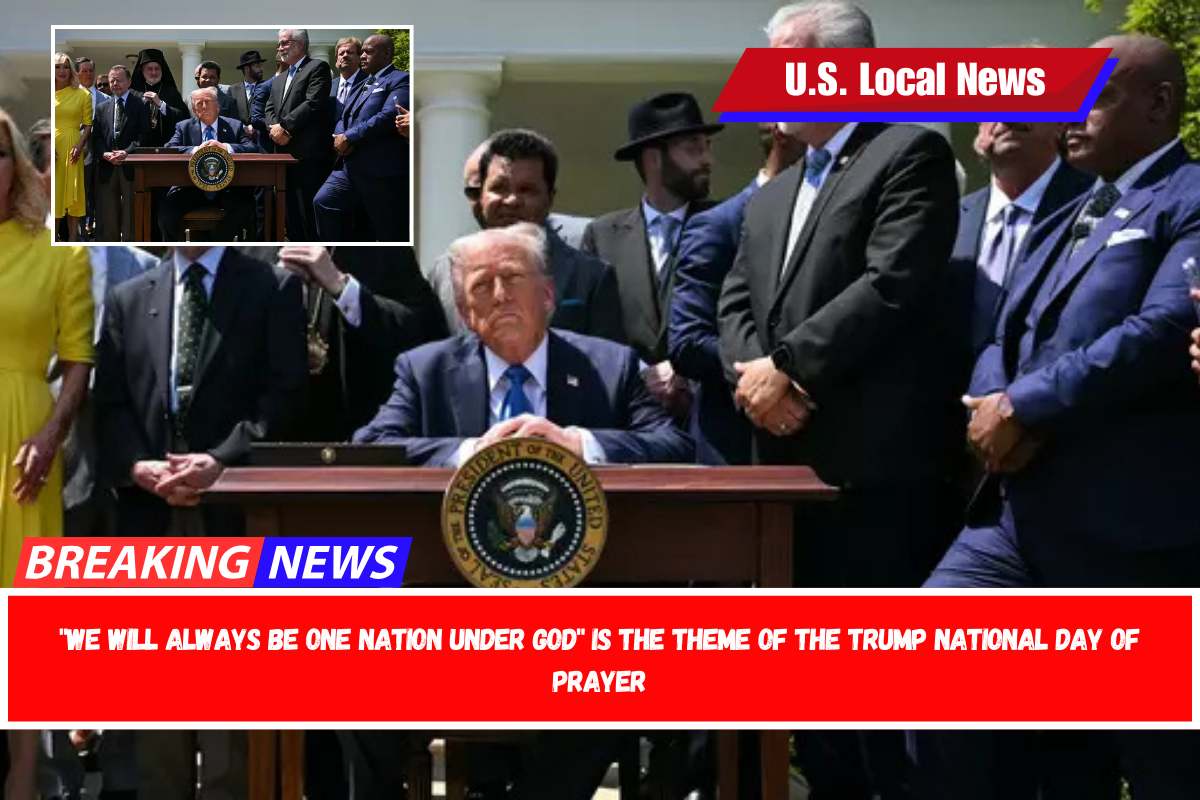The legality of police searching your phone during a traffic stop in West Virginia is governed by the Fourth Amendment of the U.S. Constitution, which protects citizens from unreasonable searches and seizures.
This constitutional protection has been reinforced by landmark Supreme Court cases, such as Riley v. California (2014), which specifically addressed the issue of warrantless cell phone searches. Here’s what you need to know about your rights during a traffic stop in West Virginia.
Fourth Amendment Protections
Under the Fourth Amendment, police cannot search your phone without a warrant or probable cause. This principle was upheld in Riley v. California, where the Supreme Court ruled that digital information on a cell phone cannot be searched without a warrant, even if the phone is seized incident to an arrest.
The Court recognized that modern smartphones contain extensive personal data, making them fundamentally different from other physical items that might be searched during an arrest.
Exceptions to the Rule
While police generally need a warrant to search your phone, there are exceptions:
- Consent: If you voluntarily give police permission to search your phone, they can legally access its contents. However, you are not required to consent, and doing so may limit your ability to challenge the search later.
- Exigent Circumstances: Police may bypass the warrant requirement if there is an immediate need to prevent evidence destruction or address a public safety threat. For example, if officers believe your phone contains critical evidence related to an ongoing crime, they may argue exigent circumstances justify their actions.
- Probable Cause: If police have probable cause to believe your phone contains evidence of a crime, they can seek a warrant to search its contents. Probable cause must be supported by specific facts and circumstances.
During a Traffic Stop
During a routine traffic stop, police cannot demand access to your phone without meeting one of the above exceptions. They cannot force you to unlock your device using biometric methods (e.g., fingerprint or facial recognition) unless authorized by a warrant. If officers ask for your phone or attempt to search it without legal justification:
- Politely refuse consent.
- Ask if they have a warrant.
- Remain calm and avoid escalating the situation.
Legal Recourse for Unlawful Searches
If police unlawfully search your phone during a traffic stop in West Virginia:
- You can file a motion to suppress any evidence obtained from the illegal search in court.
- Courts will review whether the officers had probable cause or followed proper procedures under state and federal law.
Best Practices for Protecting Your Rights
- Know Your Rights: Familiarize yourself with Fourth Amendment protections and relevant state laws.
- Secure Your Device: Use strong passwords and avoid leaving sensitive information easily accessible.
- Do Not Consent: Politely decline if officers request access to your phone without legal justification.
- Seek Legal Advice: If you believe your rights were violated, consult an attorney experienced in constitutional law.
In West Virginia, police cannot search your phone during a traffic stop without a warrant or valid legal justification such as consent or exigent circumstances.
The protections established by Riley v. California ensure that your digital privacy is safeguarded against unreasonable searches. Understanding these rights empowers you to handle interactions with law enforcement confidently while protecting your personal information from unlawful access.
SOURCES:-
[1] https://www.govtech.com/public-safety/can-police-search-your-phone-during-a-traffic-stop
[2] https://wolfelawwv.com/blog/how-can-the-officer-search-me-without-a-warrant/
[3] https://www.bcc-wv.com/blog/2020/10/when-can-police-search-my-vehicle/
[4] https://epic.org/documents/riley-v-california-2/
[5] https://law.justia.com/cases/west-virginia/supreme-court/2020/18-0786.html
